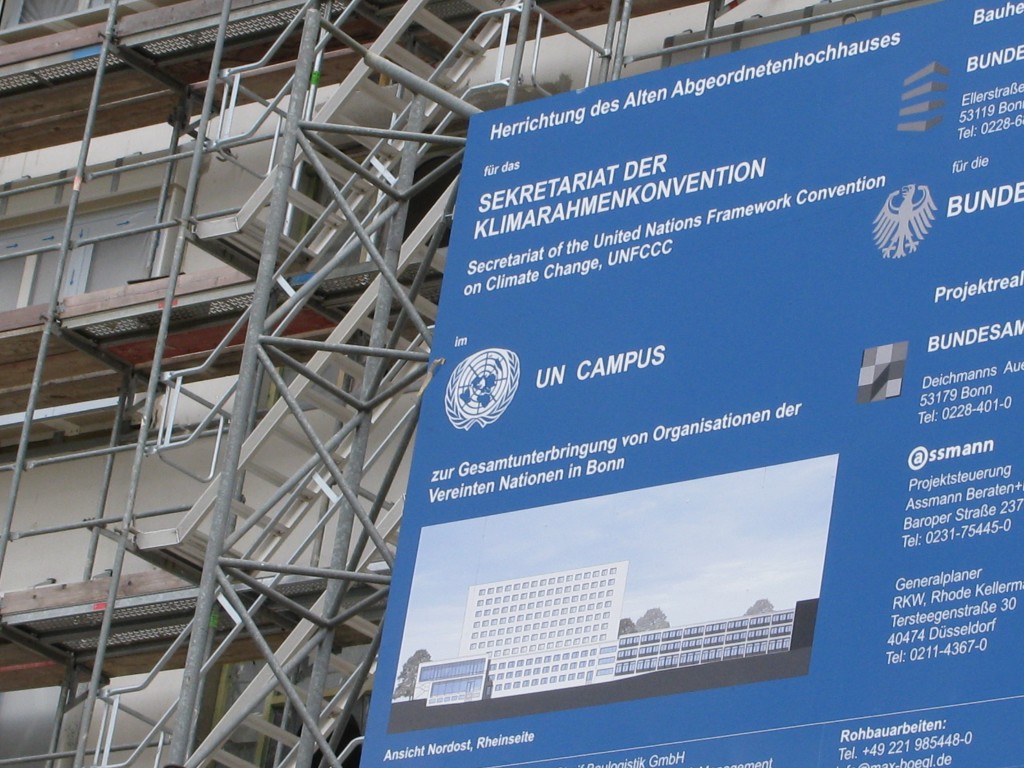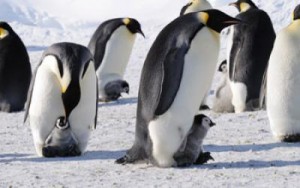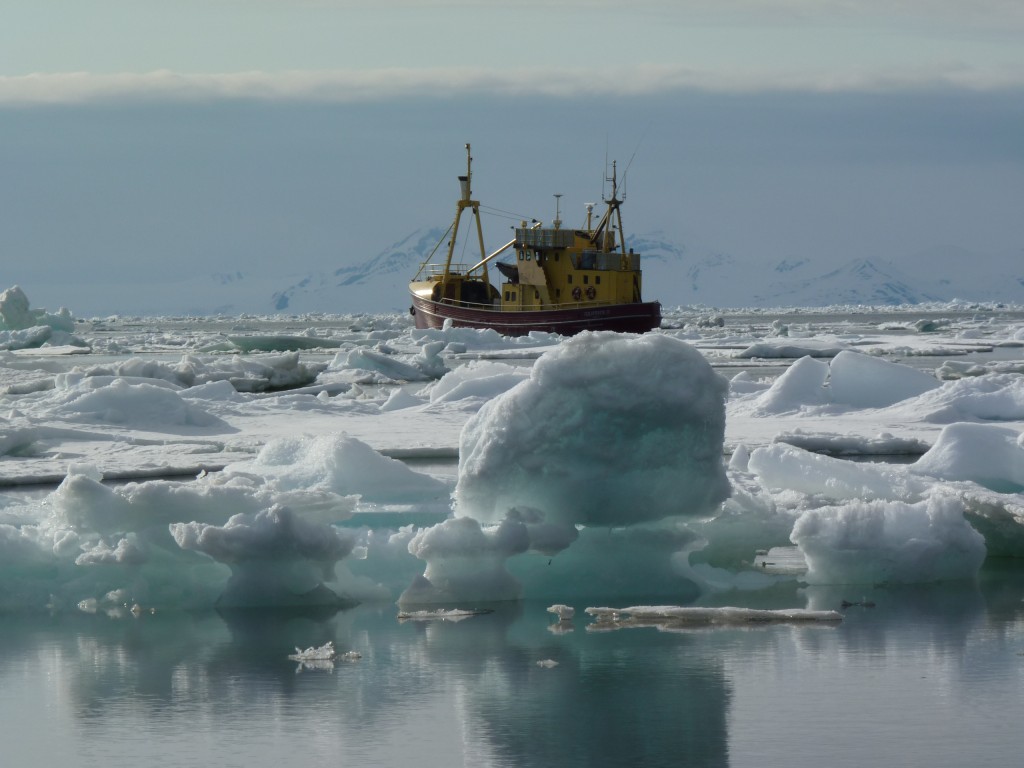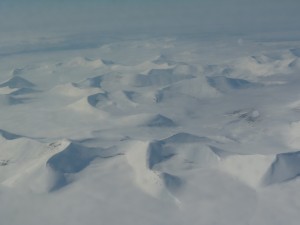74 Search Results for: Antarctic
Climate agreement… under construction
Building work is continuing, to convert a building to host the expanding UN climate secretariat (UNFCCC) close to our Deutsche Welle offices here in Bonn. It strikes me as symbolic of what’s happening a few blocks away at the latest round of international climate talks. There, construction work to create a new international climate agreement continues to make slow progress. The meeting, which will continue until the end of next week, is the first since the Durban Climate Change Conference at the end of last year. The head of the UNFCCC Christina Figueres stressed at the start that there is still a gap between the agreed goal of a maximum 2 degrees C. rise in temperature (which an increasing number of experts are saying is not enough anyway) and the current global efforts. It’s hard to be optimistic. The negotiators have their work cut out for them.
I’ll be going round to the talks shortly to catch up on what’s been happening. Your ice blogger was on holiday for a couple of weeks, so apologies for the lack of updates. More on what’s happening at the Bonn climate meeting soon. Meanwhile, you might like to listen to this week’s edition of Living Planet, where there is a report I produced about the urgent necessity for adaptation to climate change. There are also some related stories on the website:
How much scepticism can the climate take?
Cities gird themselves for climate change
Changes at Germany’s Environment Ministry
New threat to Antarctic Ice shelf
Penguin census from space
Scientists are using satellite mapping technology to count penguins in Antarctica. The latest results have shown that there are actually twice as many emperor penguins there as previously thought. Isn’t it nice when you hear some good news for a change?
The information provides a more accurate basis for researchers to monitor how environmental change is affecting the penguins. Satellite photography is proving to be a great way of keeping track of the penguins because their black and white feathers stand out against the snow, so the colonies are clearly visible on satellite imagery.
![]() read more
read more
Polar protection measures put on ice
The International Maritime Organisation (IMO) has postponed until 2013 the development of environment protection guidelines to regulate shipping in polar waters. Environment groups have repeatedly expressed concern about the grave risks posed by increased shipping to the fragile ecosystems in the Arctic.
![]() read more
read more
Oil from the Arctic: Is it time for an Arctic Treaty?
Given the increased interest in drilling for oil and gas in the Arctic as the area becomes more accessible in a changing climate, concern is also growing about the dangers an accident could pose to the fragile environment of the “high North”. An editorial in the publication NATURE argues that we need a binding agreement like the Antarctic Treaty to protect the Arctic from pollution.
![]() read more
read more
At the “cutting edge” – climate research technology in Bremerhaven

No, I haven’t been on a trip down to the Antarctic. This little scene is in the foyer of the Alfred Wegener Institute for polar and marine research in the northern German town of Bremerhaven.
Germany might not be the first place you think of when you think of the Antarctic and Arctic, but the country has an impressive track record when it comes to polar research.
![]() read more
read more
























Feedback